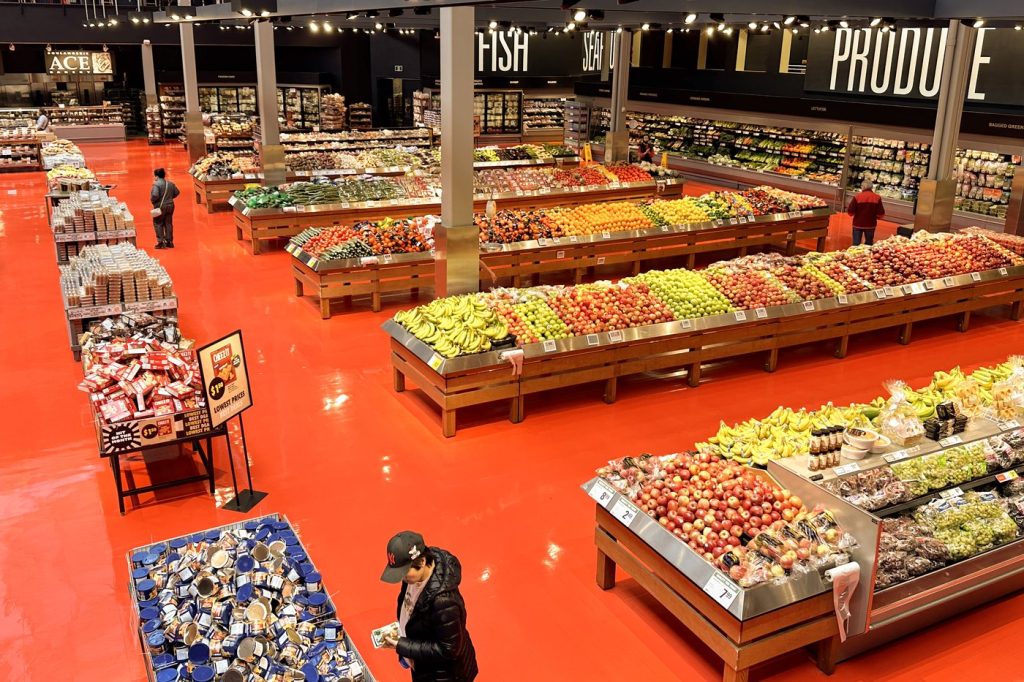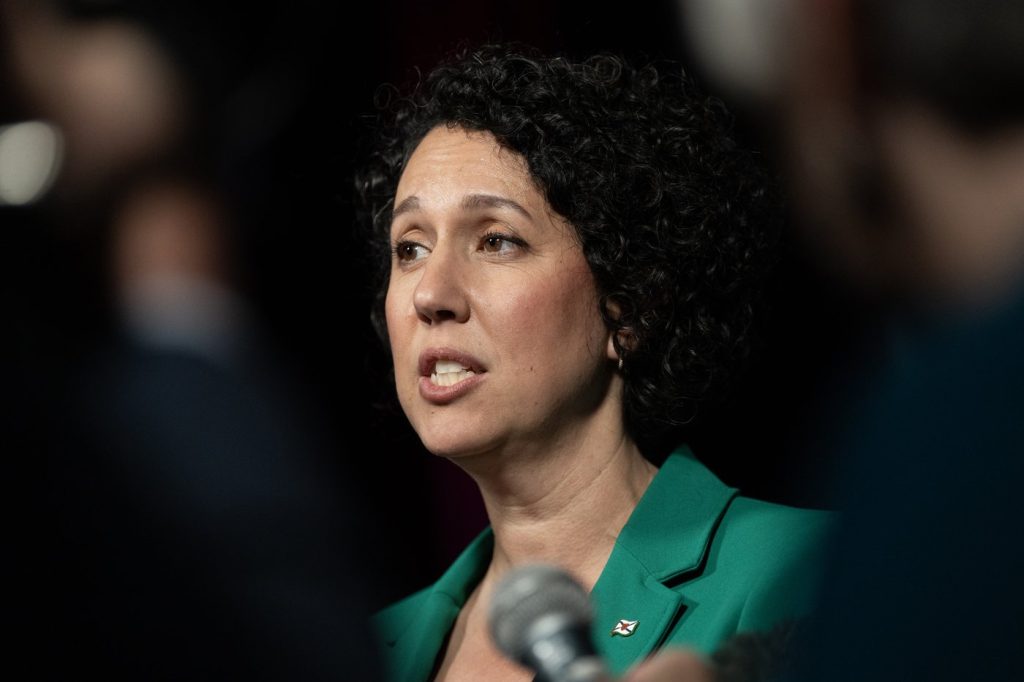Grocery code of conduct board hires former Fertilizer Canada CEO as adjudicator

Posted Jan 9, 2025 10:00:03 AM.
Last Updated Jan 9, 2025 01:31:45 PM.
The board heading up Canada’s grocery code of conduct has hired an adjudicator to oversee the code’s implementation.
The board announced that Karen Proud will officially begin the role on March 17, with the code intended to be operational by June.
Proud is the previous president and CEO of Fertilizer Canada and has also held executive roles at Food, Health and Consumer Products of Canada and the Retail Council of Canada.
Proud called the code historic for Canada.
“It’s hard not to think that we could be doing something really great here,” she said in an interview.
The grocery code is intended to promote fair dealings between grocers and their suppliers including the application of penalties and fees. The federal agriculture minister has said he believes the code will bring more transparency, fairness and predictability to the food industry.
Work on the code began more than four years ago, and by July 2024, all the major grocers — Loblaw, Metro, Empire, Walmart Canada and Costco — had confirmed they were on board for the voluntary code.
There had been hesitation from some of the grocers about signing on, but the federal government warned it could make the code mandatory if all the major players didn’t get on board.
That pressure is still there, said Michael Graydon, CEO of the Food, Health & Consumer Products of Canada association and chairman of the interim board overseeing the code.
Graydon has long advocated for a voluntary code.
“I think it really is going to (be) important that industry do a really good job in regards to the execution and implementation of this voluntary code so that it stays that way,” he said.
Proud’s role as adjudicator will involve overseeing the implementation of the code, including fostering compliance, providing guidance on how the code is to be interpreted, resolving disputes, monitoring industry practices and reporting on the code’s progress.
“Through her role, she will promote collaborative and ethical business practices, ensuring the code evolves alongside industry needs,” the board said in its news release.
Proud said a big part of her job at the beginning will be educating industry players on how the code works.
“I think there is work to be done on interpretation of the code and identifying, potentially through guidance or other means, what some of those provisions actually mean in reality,” she said.
Proud will also be responsible for reviewing the code to see whether it needs to be changed in the future.
Her background in both the manufacturing and retail part of the food industry, as well as with government, make her uniquely qualified for the adjudicator role, Graydon said.
He said there’s still a lot of work to be done in recruiting industry players to become members. In the future, the interim board will transition to a member-based board, he said.
The grocery sector has been under pressure from shoppers and politicians for several years amid food inflation, with grocery executives pushing back at claims they were responsible for higher prices.
The code is not intended to address retail food prices.
While the code is a first for Canada, other countries, most notably the U.K. and Australia, have their own grocery codes. Those codes aren’t identical to Canada’s — for example, they apply only to grocers, while Canada’s code is reciprocal — but Proud says there is much to learn from how adjudicators in those countries have handled the job.
“We don’t have to reinvent the wheel here,” she said.
“If things are working and resources are available and processes have proven to be helpful or useful, there’s no reason why we can’t look at that and adapt them from Canada.”
This report by The Canadian Press was first published Jan. 9, 2025.
Rosa Saba, The Canadian Press








